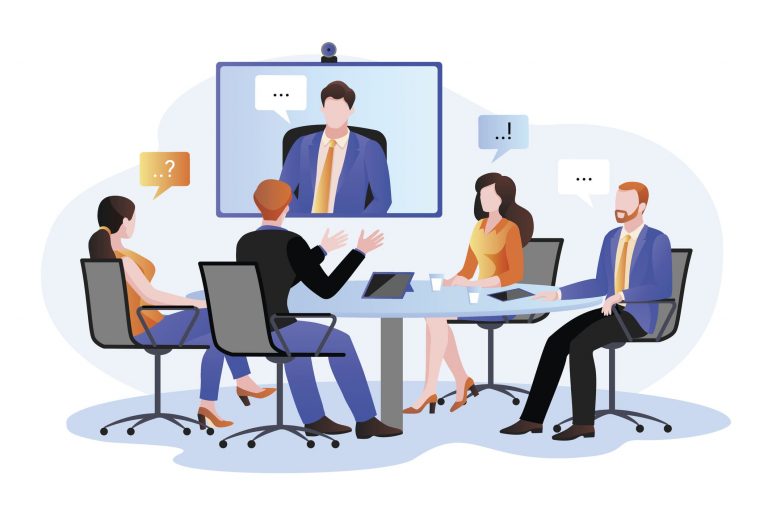Employee Training and Development SOPs (Standard Operating Procedures): Building a Skilled Restaurant Team is a framework or guideline that outlines the processes and steps involved in training and developing the employees of a restaurant. The aim is to create a highly skilled and efficient team that can provide excellent service and contribute to the overall success of the restaurant.

Here are some key aspects typically covered in such an SOP:
